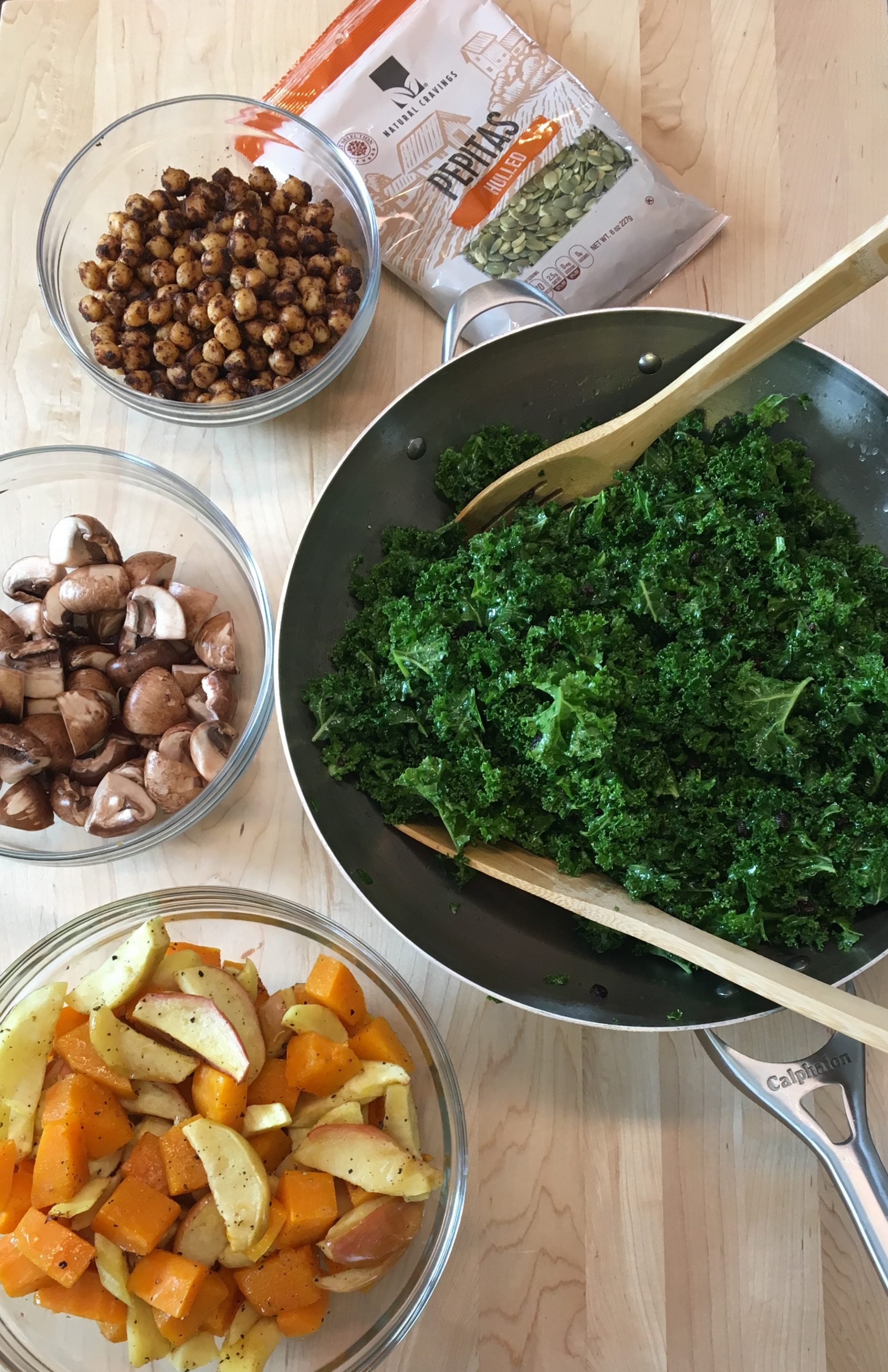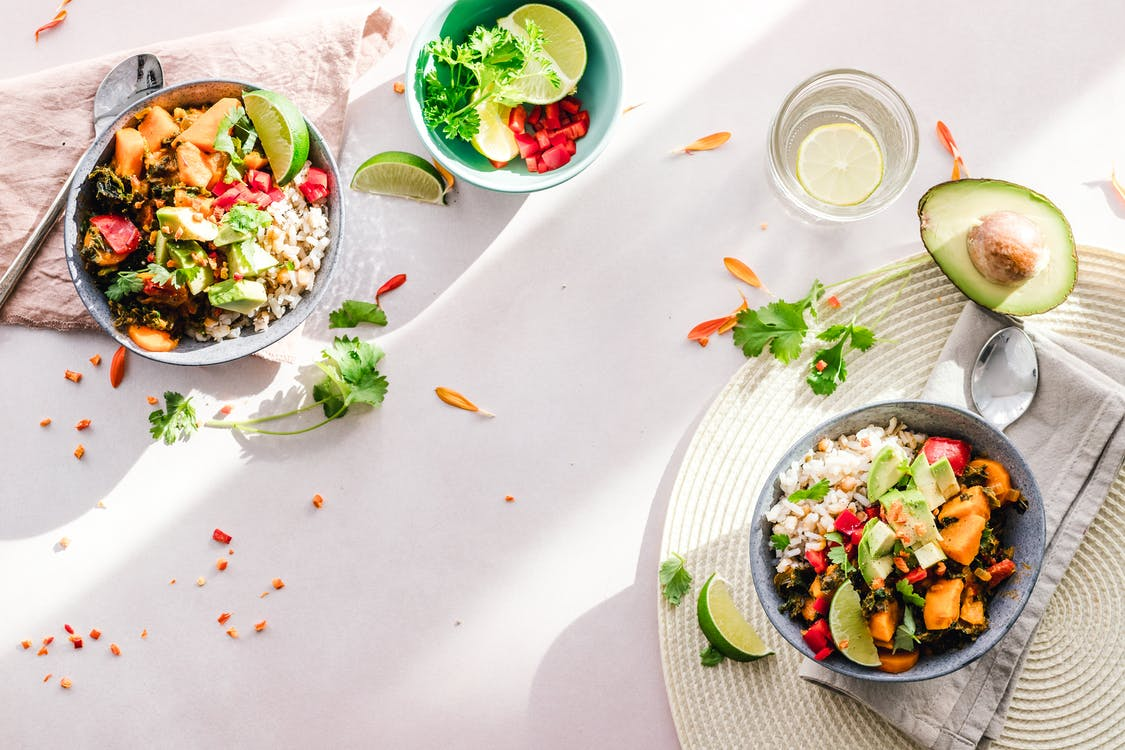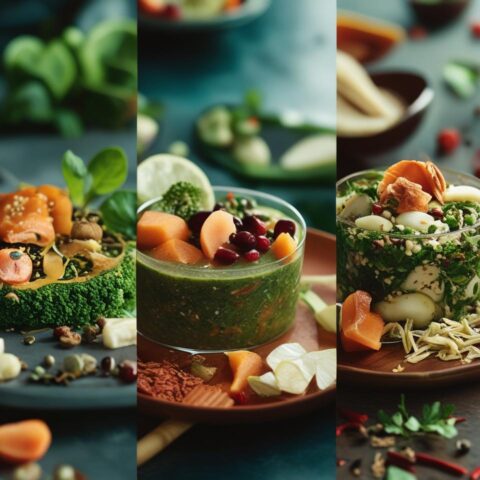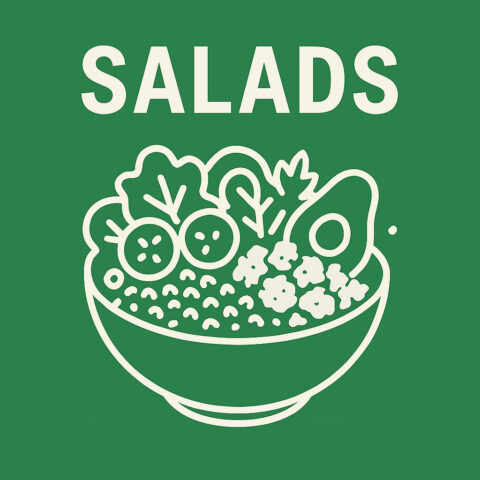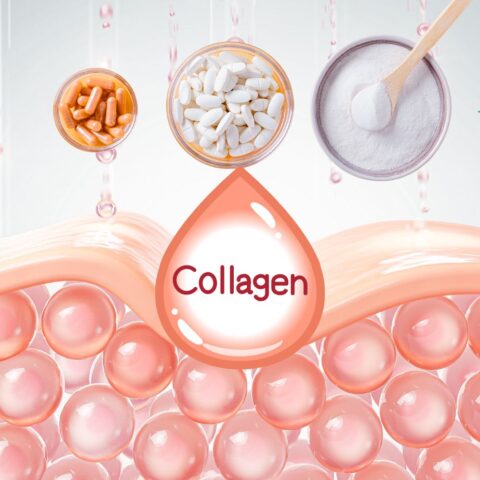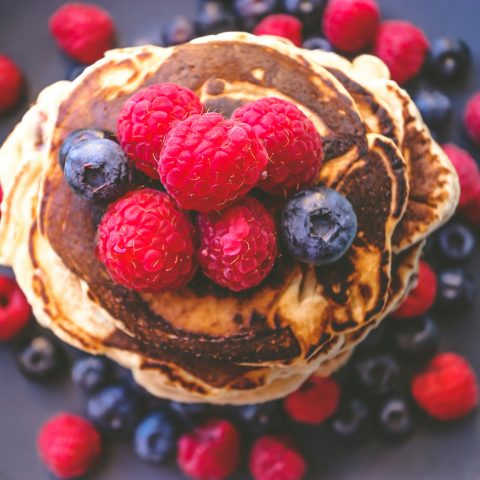Calcium is essential not only for bones and teeth, but also for muscle functioning. And while calcium is well known to exist in milk, there are a lot of non-dairy alternatives.
Something like sesame seeds can be added into almost anything, but if you have an allergy to nuts, basil and tofu is a perfect alternative. There’s no excuse not to try any of these delicious calcium-rich foods!
Ladle of Contents
#1 Sesame Seeds
 |
[su_box title=”Who suggested this product?” style=”noise” radius=”0″]The Sesame Seeds was recommended by Dina Aronson from Diet ID. You can find out more about Dina Aronson here or read their product recommendation below.[/su_box] |
They make everything taste delicious and they’re packed with calcium – two tablespoons (which is only about 100 calories) gives you 176 mg calcium! Sesame (ground up into tahini) is what gives hummus its signature flavor, and with a little ginger and tamari, adds a delicious nutty texture to any stir fry. Sesame spans many cultures and can be used in whole grain dishes, cereals, salads, baked goods, loaves, desserts, dips, sauces, and in snack mixes.
#2 Almond Milk
 |
[su_box title=”Who suggested this product?” style=”noise” radius=”0″]The Almond Milk was recommended by Doris Zeger from Doris Zeger. You can find out more about Doris Zeger here or read their product recommendation below.[/su_box] |
Unsweetened, fortified almond milk is an easy, fast and versatile way to get at least 45% of your daily calcium with 25% of your Vitamin D needed to absorb the calcium. Add it to your cereal, oats or smoothie for a calcium packed vegan breakfast.
#3 Quinoa
 |
[su_box title=”Who suggested this product?” style=”noise” radius=”0″]The Quinoa was recommended by Marita Lynn from My Kitchen Intuition. You can find out more about Marita Lynn here or read their product recommendation below.[/su_box] |
Also known as Superfood with high protein content, packed with amino acids, fiber and many vitamins and nutrients, as well as high content of calcium. One cup of quinoa contains 31.5 miligarms of calcium, 3% of what the average person needs per day.
#4 Kale
 |
[su_box title=”Who suggested this product?” style=”noise” radius=”0″]The Kale was recommended by Jagadish Annepu from Betsy & Brandt’s LLC. You can find out more about Jagadish Annepu here or read their product recommendation below.[/su_box] |
Kale chips is a convenient on the go snacking option.
#5 Chia seeds
 |
[su_box title=”Who suggested this product?” style=”noise” radius=”0″]The Chia seeds was recommended by Jagadish Annepu from Betsy & Brandt’s LLC. You can find out more about Jagadish Annepu here or read their product recommendation below.[/su_box] |
Chia seeds are versatile as they can be added to your cereal, smoothies, salads or desserts.
#6 Soy
 |
[su_box title=”Who suggested this product?” style=”noise” radius=”0″]The Soy was recommended by Caleb Backe from Maple Holistics. You can find out more about Caleb Backe here or read their product recommendation below.[/su_box] |
Soybeans naturally have a lot of calcium. In fact, just one cup of cooked soybeans will provide you with 18.5% of the recommended daily value. Edamame beans are immature soybeans and they provide 27.6%. Soy is the building block for plenty of other foods like tofu, natto, and tempeh.
#7 Tofu
 |
[su_box title=”Who suggested this product?” style=”noise” radius=”0″]The Tofu was recommended by Isabel Butler from Spoon Guru. You can find out more about Isabel Butler here or read their product recommendation below.[/su_box] |
For vegans a top plant source is tofu made from soybeans which are naturally high in calcium, but look out for the fortified versions to gain extra vitamins and minerals. Tofu is a great plant protein too!
#8 Basil
 |
[su_box title=”Who suggested this product?” style=”noise” radius=”0″]The Basil was recommended by Kristin Koskinen from Eat Well, Live Well. You can find out more about Kristin Koskinen here or read their product recommendation below.[/su_box] |
Basil is a great way to get your calcium. It offers 354 mg/cup. What I love about basil is it’s versatility. It can be added to salads, pasta, sauces, or muddled into drinks. It’s also easy to grow, which means with just a bit of effort, you can have a fresh, organic product ready to add to recipes. I recently came across a popsicle recipe that featured strawberries and basil. Of course, a more traditional use of basil is pesto. Nutritional yeast can be used in place of parmesan. If you want to up your calcium intake even more, try making an almond-basil pesto. A half cup of almonds brings in another 192 milligrams of calcium.
#9 Soy milk
 |
[su_box title=”Who suggested this product?” style=”noise” radius=”0″]The Soy milk was recommended by Sofia Norton from Kiss My Keto. You can find out more about Sofia Norton here or read their product recommendation below.[/su_box] |
Manufacturers of soy milk frequently fortify this dairy alternative with calcium. So, a cup of fortified soy milk contains the same amount of calcium as the same serving of cow’s milk. Go for brands also fortified with vitamin D for healthy bones.
[su_box title=”Who contributed to this article?” style=”noise” box_color=”#d26a3a” title_color=”#000000″ radius=”0″]
Dina Aronson from Diet ID
Doris Zeger from Doris Zeger
Marita Lynn from My Kitchen Intuition
Jagadish Annepu from Betsy & Brandt’s LLC
Caleb Backe from Maple Holistics
Isabel Butler from Spoon Guru
Kristin Koskinen from Eat Well, Live Well
Sofia Norton from Kiss My Keto
[/su_box]

